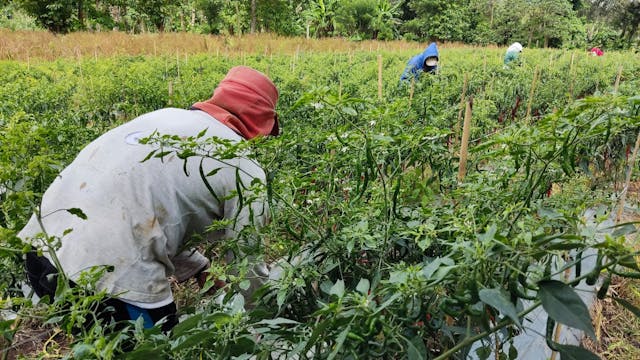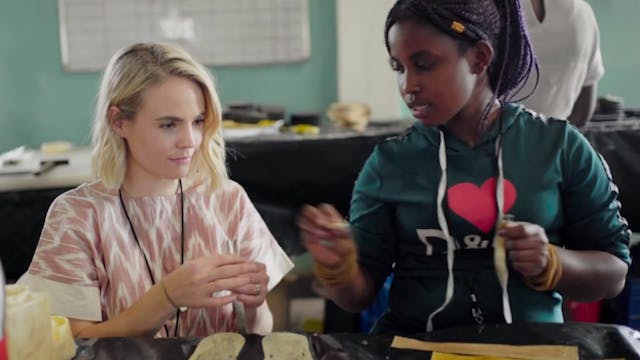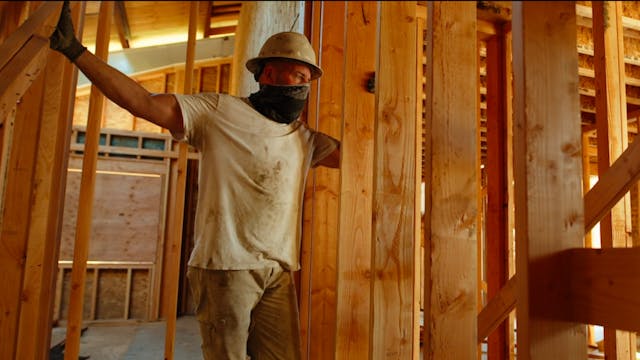Oil On Their Hands
Films
•
8m 38s
For almost half a century, Quechua, Achuar, and Kichwa communities in Northern Peruvian have suffered extreme negative environmental, health, cultural, social, and economic impacts as a result of the operations of the oil companies, Occidental Petroleum (1971-2000) and subsequently Pluspetrol (2000-2015).
Their pipelines in the Peruvian Amazon have collapsed and degraded, leaking oil and heavy metals into the land. There are more than 1,963 contamination sites. Communities are now not only fighting to protect the earth but also their health as hundreds are sick from contaminated water and food.
In 2020, indigenous leaders take their complaint to the Netherlands, where PlusPetrol transferred its headquarters in 2000. Research into its corporate structure suggests it did so to support its broader effort to avoid paying taxes in the countries where it operates.
Pluspetrol has failed to undertake adequate environmental and human rights due diligence. The complaint presented to the OECD (Organisation for Economic Co-operation and Development) in March 2020 alleges that Pluspetrol has also failed to respect several human and indigenous rights of the local population related to land, self-determination, and water and food. “We have come to the Netherlands seeking justice,” said Aurelio Chino, president of FEDIQUEP, “We hope that the OECD and the Dutch government can convince Pluspetrol to take responsibility for the terrible harm the oil industry has done to our peoples.”
This is their story.
Directo: Jaye Renold
2020 | 8 min
Peru
Languages: Spanish, English
Subtitles: English
Up Next in Films
-
Homecoming
“If not us, who will protect our territories? Who will manage our territories?”
Indonesian Indigenous Youth called their fellow brothers living in the cities and finished their studies back to the community. They called it the ‘Homecoming movement.
Youth are driving new models of sustainable ru...
-
Brighter
What if you could pay for a young woman’s university education by providing her with a “gap year” job?
In Uganda, where few women are encouraged, or can afford, to attend university, Liz Forkin Bohannon decided to do something about it. She taught three young women to make strappy sandals which ...
-
Into Something Beautiful
What can a construction company do to transform personal brokenness and solve systemic injustice?
Amid their own personal and professional brokenness, Amy and Braden King discovered that most of the employees at their new construction company had a history of addiction, homelessness, and/or crim...



